Joyous Surrender: A Rhapsody in Red (and Green)

Christmas isn’t tasteful, isn’t simple, isn’t clean, isn’t elegant. Give me the tacky and the exuberant and the wild, to represent the impossibly boisterous fact that God has intruded in this world.
What the Puritans Can Teach Us about American Exceptionalism
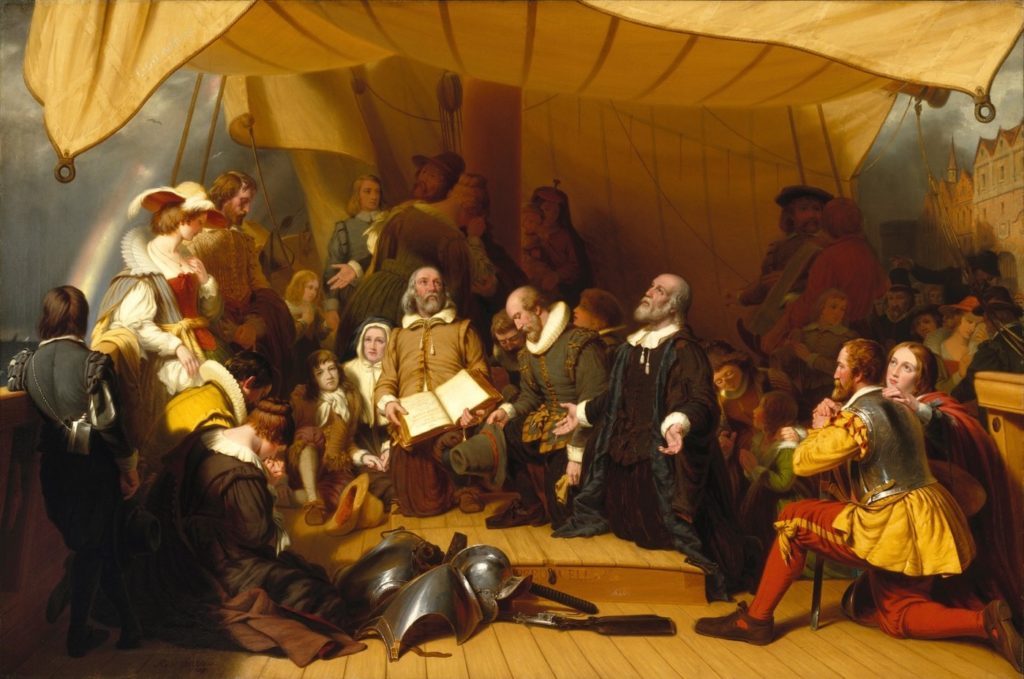
Perhaps as we modern Americans experience a cynical hangover after the giddy confidence of the “unipolar moment,” revisiting the Puritans’ nuanced notion of what it means to be an exceptional people can bring needed perspective, and restrain us from falling for triumphalism or despair.
A Masterpiece Novel That Should Be an Instant Classic
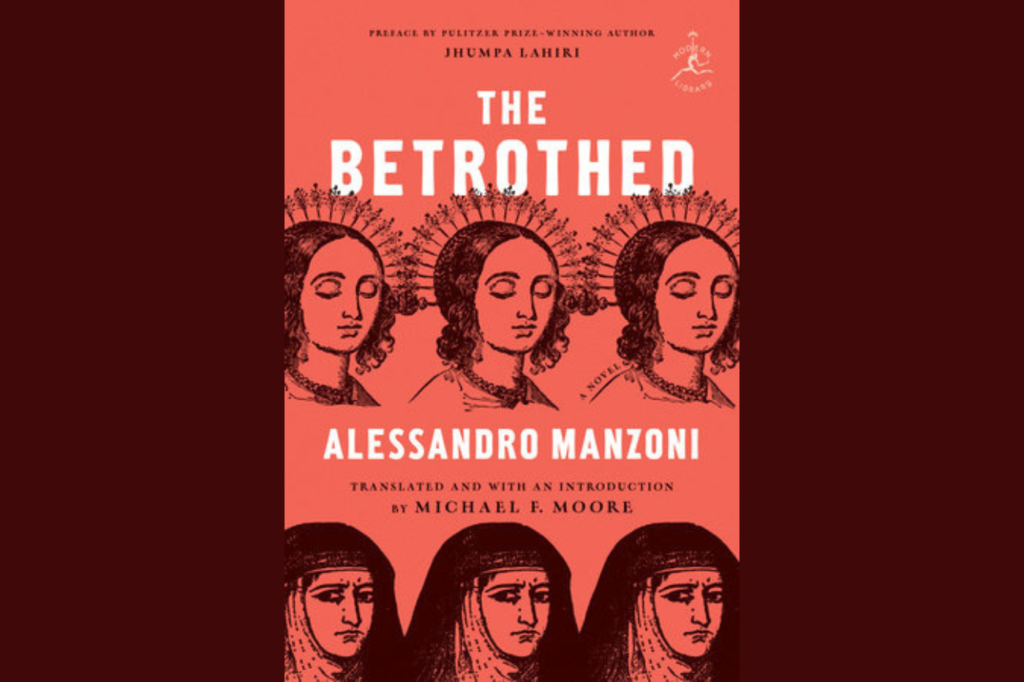
In Alessandro Manzoni’s recently translated novel, The Betrothed, the world is regularly pitted against the sanctity of a few. The novel often asks the reader, an implicit echo, how do you live as a faithful Christian when so much evil persists in the world? But more than anything, it shows us the reality of forgiveness and the possibility of fulfilling Jesus’s most challenging commandment: love your enemies.
Treatise or Tweet? A Review of Stephen Wolfe’s The Case for Christian Nationalism (Part 2)
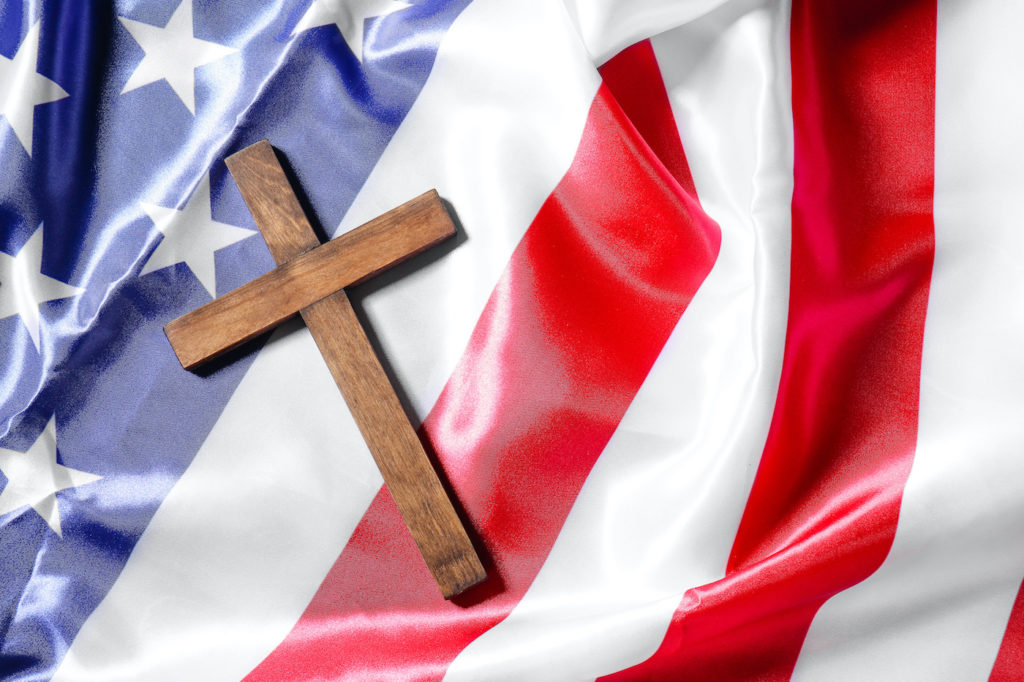
A call to repentance or prayer would not preclude action, but it would certainly force necessary and prudent reflection about the very problems Wolfe diagnoses and what the first response should be. Creating a deplorables basket of enemies on the political Left, while ignoring spiritual enemies, makes the project more political for sure, but not more Christian.
Treatise or Tweet? A Review of Stephen Wolfe’s The Case for Christian Nationalism (Part 1)

Stephen Wolfe’s dedication to read, mark, learn, and inwardly digest two centuries of sources for a popular audience is impressive. However, if scholarly recovery alone were the aim of the book, it is doubtful that Wolfe would have written it, Canon would have published it, or American Protestants would buy it. Why not? Wolfe wants his admittedly idiosyncratic vision to improve the future, not simply engage academic specialists. That turns out to be a mixed blessing.
Classic, Contemporary, and Controversy: The 2022 Public Discourse Book List

Reading recommendations from Public Discourse and the Witherspoon Institute.
Modern Man Is Psychologized, Sexualized, Politicized—and Digitized

While the digitized promises of meta-man may entice us, they are ultimately false promises based on a rejection of fundamental aspects of human embodiment. There is an integrated wholeness to man that requires both resting in the givenness of human identity and actively engaging with the world.
Lives in Limbo: A Case for Embryo Adoption

Scripture and tradition tell us something astonishing about our embryonic brothers and sisters currently being kept in frozen storage: they are a vulnerable population that perhaps demands our attention the most. Indeed, embryo adoption appears to be smack-dab in the center of the demands of the Gospel.
Women’s Health Care after Dobbs

Amid the heat of the debate and the fear over the future of women’s health, what’s often overlooked are alternatives to abortion that are both ethical and safe for the mother. And, with Dobbs’s legalizing abortion restrictions, clinicians and researchers will have new opportunities to consider treatments aimed at both the mother’s and baby’s well-being.
The Unfolding and Unsettling of Vatican II
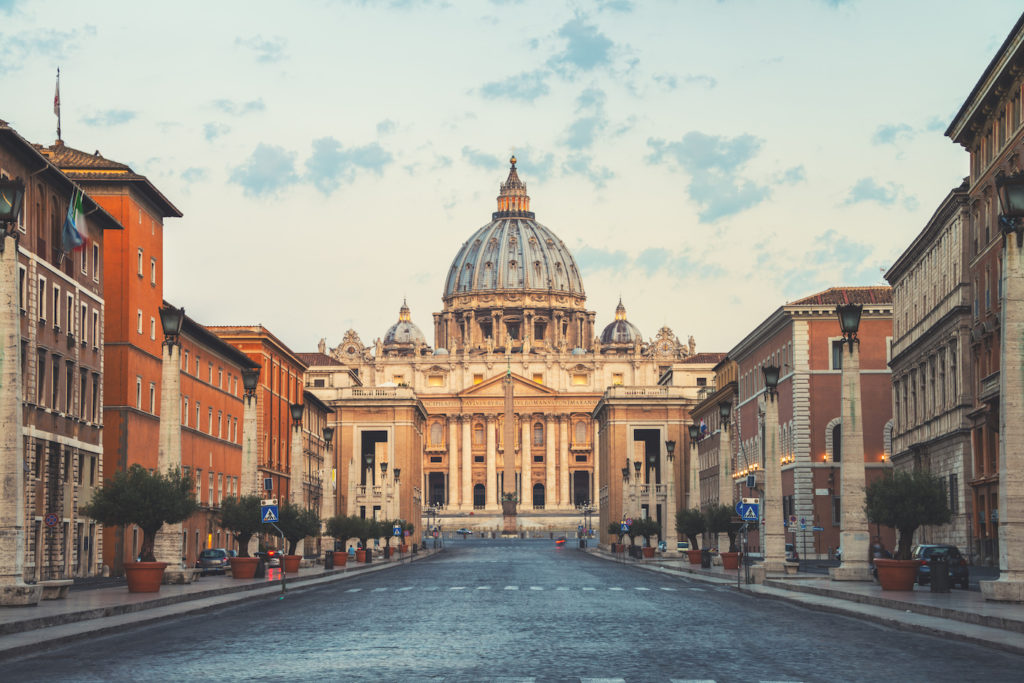
George Weigel’s book on the meaning and legacy of Vatican II is persuasive as a history of ideas, but in focusing on context and content it seems to miss the sense in which the Council is an unfolding event that calls Catholics to encounter Christ and walk away changed and challenged.
Cyborg Feminism

The final frontier for equality between the sexes—the missing tech fix—was always, how do we deal with reproduction? How do we deal with the different reproductive roles between the sexes? How can we use tech to flatten those differences? So reproductive inequality is the final frontier in replacing the sexes with the atomized, sexless, liberal person.
Religion Is Good for Democracy, but Is Democracy Enough?

For Robert Wuthnow, the purpose of democracy is not to arrive at some perfectly blessed country but instead learn how to contest—not resolve—our differences through organizing, argument, elections, and voting. Fair enough. But that seems too thin a conception of democracy, one that really puts too much faith in the democratic process as such.
Catholic Teaching on Jews and Judaism
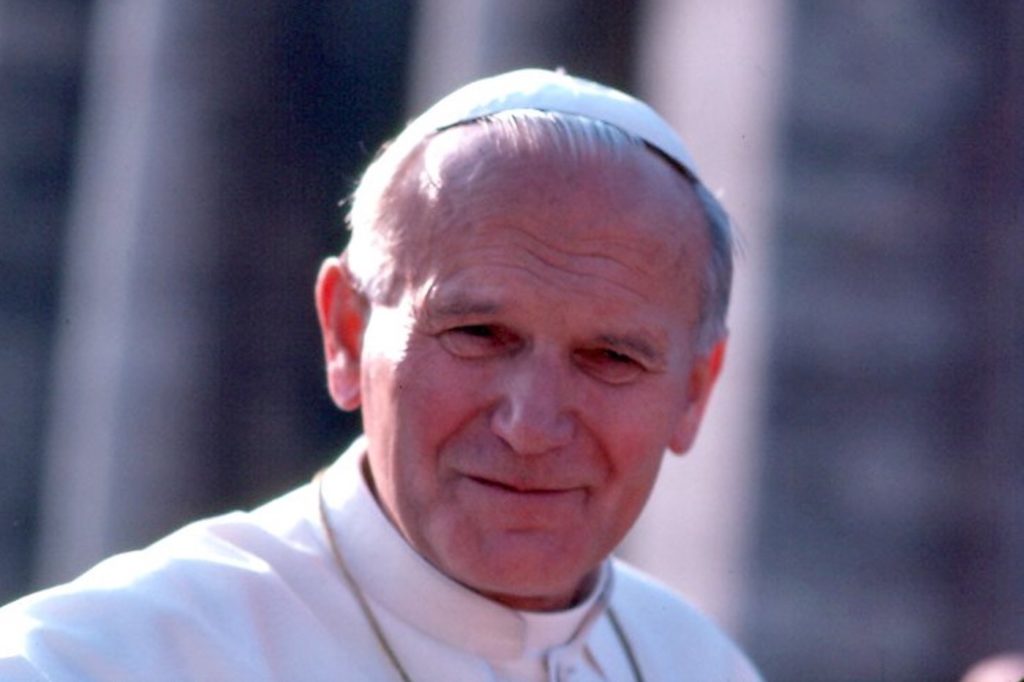
Faithful Catholics will affirm, with the Second Vatican Council and with the papal magisterium, that the Jewish people are indeed “the good olive tree onto which the wild shoot of the Gentiles has been grafted,” that God’s original Covenant with his chosen people is unbroken and unbreakable, that our bond with the Jewish people is a spiritual bond, rooted in a common spiritual patrimony, and that our Jewish neighbors are indeed our brothers and sisters in faith.
Business Owners Have Rights, Too

In the 303 Creative case before the Supreme Court, Colorado officials assert that all proprietors who open their services to the public have a duty to serve any potential customer on demand. But public accommodation laws do not give customers a general right to be served. Proprietors may terminate a customer’s license and refuse service for any good reason, as long as it is rationally related to the purposes of the business and not an arbitrary or inherently illicit classification, such as race.
The Freedom of Ghosts

For too long we’ve imagined the rights of parents, rights of conscience, and religious freedom in overly-individualistic ways, which has encouraged a privatization of these rights. But the rights of the natural family and the rights of the Church are among the most important rights. Therefore, the rights of the natural family quite easily trump the claims made by the pornographers and drag queens to access the public library.
Toward a New Vision of Wealth
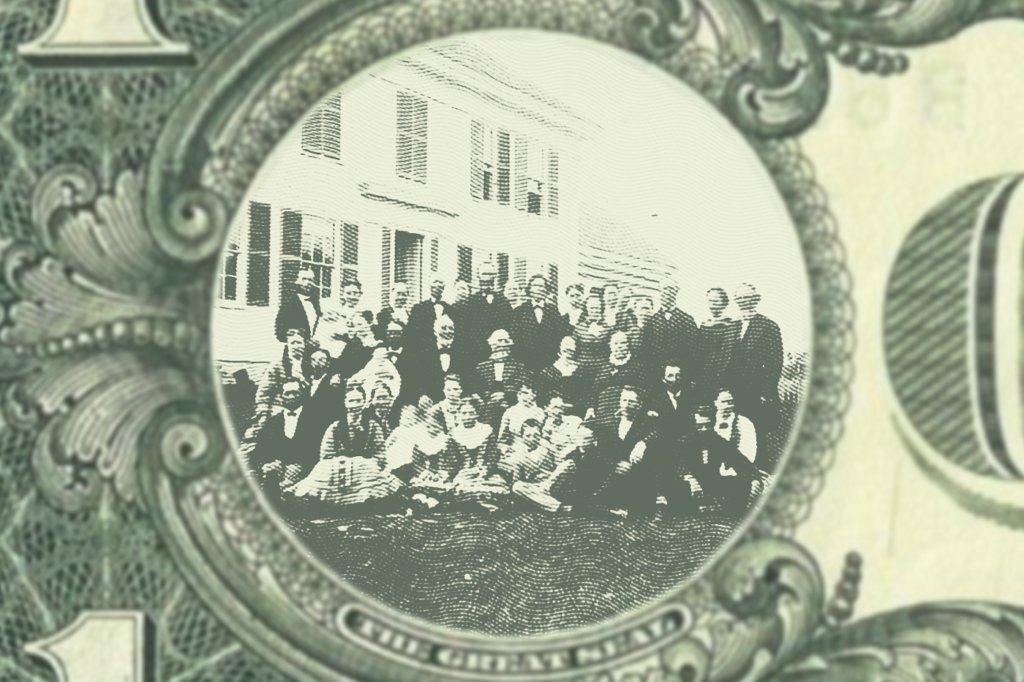
In modern societies, wealth is not tied to land or long-lasting material things, nor is it transmitted across generations; it is fluid, shapeshifting, and usually doesn’t extend beyond the horizon of our own lives and personal needs. This series attempts to offer fresh ways of imagining wealth so that it becomes more conducive to cultural vibrancy and helps us flourish.




